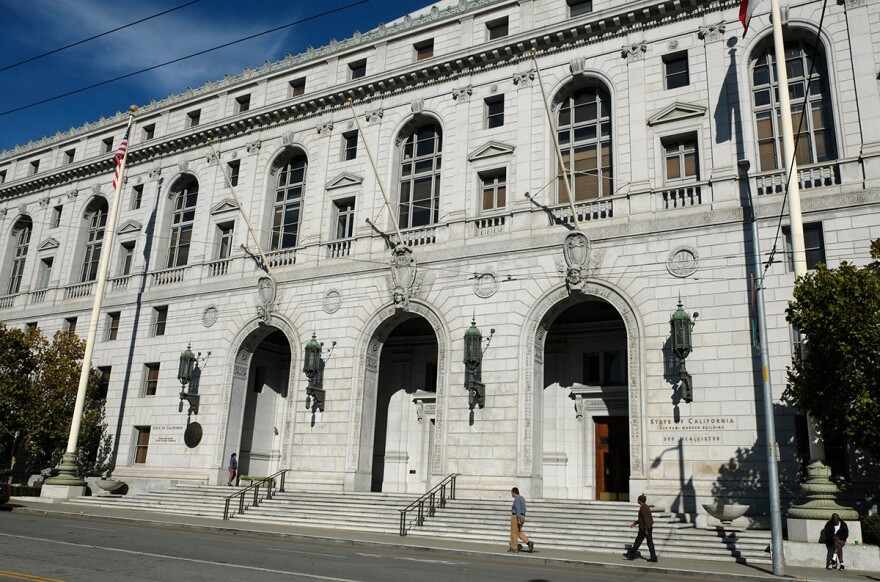The California Supreme Court ruled Monday that trial courts will be required to advise defendants of the consequences of pleading guilty to crimes that could make them eligible for designation as a sexually violent predator, in a ruling stemming from a case out of El Cajon.
The state's highest court found that typically, defendants are not informed that their pleas to certain charges could result in being designated as a sexually violent predator, or SVP, which could lead to an indefinite commitment to a state hospital for treatment.
The ruling stems from the case of a man accused of accosting a group of children at an El Cajon mall in 2017.
The defendant argued in an appeal that his attorney did not tell him one of the charges he faced — and pleaded guilty to — qualified him for potential sexually violent predator designation. Following his release from prison, prosecutors initiated civil commitment proceedings against him under the Sexually Violent Predator Act, and he's remained in custody since his 2019 release.
While the court did not agree that the defendant was prejudiced in his case, it found that "prudential and fairness considerations support a rule requiring trial courts to advise criminal defendants of potential SVPA consequences of a guilty or no-contest plea."
The ruling noted that defendants are often informed of the collateral consequences of pleading guilty to certain crimes, such as the potential for deportation, and that SVP designation can lead to significant restrictions.
"It is a significant deprivation of a person's liberty to be detained for years while SVPA proceedings are conducted, and potentially indefinitely after being committed under the SVPA. This deprivation may occur without the defendant having committed any additional criminal acts beyond those that are the subject of the guilty or no-contest plea," Monday's ruling states.







